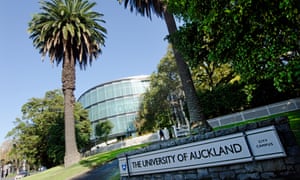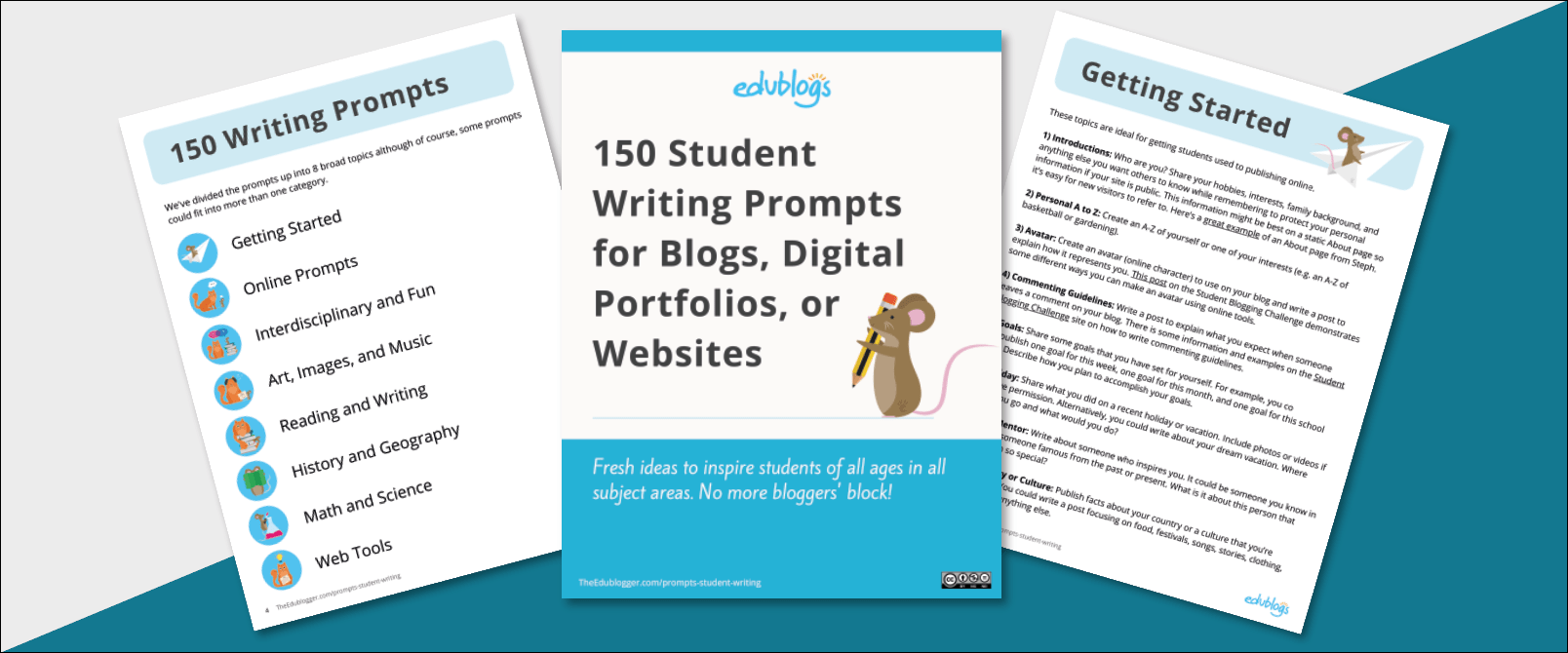
Ican’t say that I’m a regular reader of New Zealand’s Education Act, but when I heard that it gives universities a statutory duty to be “the critic and conscience of society” I have to admit that my curiosity got the better of me.
According to the act, a university must have the principal aim of developing intellectual independence; its research and teaching should be closely interdependent; and most of its teaching must be done by people who are active in advancing knowledge. All very admirable, and in danger of getting lost in the focus on mass-produced vocational learning. But it’s the role as critic and conscience that jumps out.
Many academics, I imagine, would be happy to accept that their work helps to build society’s collective conscience. This is most obviously true in some branches of the social sciences, but the task is widely distributed throughout the arts and sciences too.
New Zealand’s inaugural Critic and Conscience of Society Award, introduced this year, went to an ecologist for his work on drinking water. It swells our self-image to feel that our job is to be critic and conscience. The more common way of putting the point uses the old Quaker slogan. We are here “to speak truth to power”.Still, being appointed official rebel has an odd feel. On the one hand, it should provide legal and institutional cover for the expression of inconvenient truths. On the other, it institutionalises what should be counter-institutional.
The philosopher Herbert Marcuse introduced the concept of “repressive tolerance”. Encouraging people to express their critical views acts as a pressure valve, taking the steam out of the issues, and consolidating existing power. Indeed, giving the inaugural award for work on the physical environment is perhaps too safe a bet. Isn’t there anyone exposing corruption in government, or even in the university sector itself?
Here we meet the critical question. How empowered do the universities themselves feel in their role as conscience and critic, as distinct from individual academics? I talk not only of New Zealand but the world over.
Education ministers who champion free speech on campus have been curiously reluctant to encourage wide-ranging debate of hastily imposed new measures. For example, it was recently reported that UUK, the university umbrella group for the UK, felt unable to criticise the appointment of Toby Young to the regulating body, the Office for Students, for fear of annoying the government.
The point of bullying is that you pay a price if you don’t stand up to it, and a price if you do. University leaders around the globe are paying the price of silent compliance for fear of something worse.
For academics, though, speaking truth to power can make you feel good. But how much good does it actually do? If those in power actually care about truth, then you at least have something to work with. And there is also hope if they are surrounded by people of goodwill with power to intervene. But as we know only too well, speech alone is rarely enough.
In a new book on Karl Marx, the political theorist Terrell Carver observes that achieving change requires three steps: garnering an audience; uniting a movement; and proceeding to a goal. How well do universities, and the academics within them, do on these measures? In other words, how effective are we, as academics, in being an active critic and conscience of society?
Let me be kind, and say: “Could do better.” Most of us fall at the first fence, writing in unreadable jargon and locking what we write behind a publisher’s paywall (recently I saw it would cost £81 to read a book review for those without the privilege of a university subscription).
Of course, I fully endorse the idea that universities should be the conscience and critic of society. At the moment, sadly, we are sometimes closer to society’s Freudian id: chaotic, mostly negative, dark, and inaccessible.
source;-theguardian




